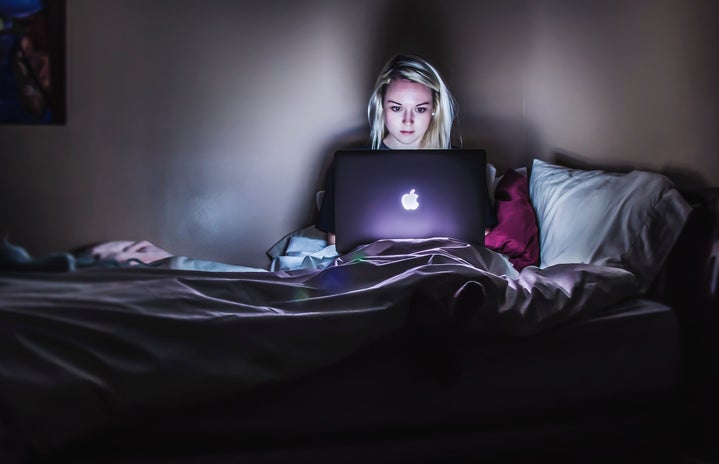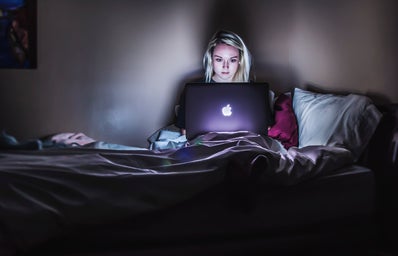In March 2019, millions of Americans were forced into uncharted waters working from home for the first time. Classrooms and offices were instantly reduced to zoom calls and email chains, and the morning commute became a walk to the kitchen table. Six months later, the pandemic isn’t close to ending, and it seems that remote work may be here to stay. Even post-pandemic, 74% of companies plan to permanently shift to more remote work.
Google announced its plan to keep employees working from home until at least July 2021, and Twitter said its employees can stay home permanently.
Working from home brought many unforeseen benefits, including the lack of a costly commute and more time to care for family and friends amid a global pandemic. Remote hours also brought a new wave of flexibility to the staple nine-to-five workday, allowing the complications of life to bend with deadlines and virtual meetings.
However, with a flexible schedule also came a fluidity between the boundaries of work and rest.
When your kitchen table doubles as an office, it may seem impossible to separate job-related responsibilities from daily life. This overlap between work and daily life can take a serious toll on the mental health of those working remotely. Rest is a necessary part of our weekly rhythm, but the American worship of workaholism can easily be encouraged by remote work.
“Our desks were never meant to be our altars,” wrote Derek Thompson in The Atlantic.
Overworking can act as a stimulant that caters to symptoms of anxiety, depression, and other psychiatric disorders, according to Psychology Today. The common experience of collective loneliness as a result of being isolated at home also has the potential to skyrocket symptoms of depression, anxiety, and hopelessness.
According to Cigna’s Loneliness Index, those who live with others are less likely to experience loneliness. Additionally, only about 53% of Americans have meaningful, in-person social interactions – and that was pre-pandemic. Companionship, whether it is between classmates or co-workers, is necessary to promote both productivity and a healthy work environment. Casual office interactions, coffee breaks, and the simple rhythm of walking to and from class weave together the foundation upon which we build our work-life. Yet with remote work, the necessary yet low-effort exercise of making small talk between cubicles seems to be a thing of the past.
But with the trend of home-offices seemingly here to stay, individuals need to find a way to cope with the reality of living and working in the same place.
Setting a time-sensitive daily schedule, including planning daily tasks and assignments is one concrete way to ensure boundaries between work and rest. Developing at-home-habits and hobbies, from knitting to binging a favorite tv show, is another time-consuming way to get away from the desk for at least a few hours a day. Additionally, designated spaces in one’s home or apartment, such as intentionally avoiding completing nightly assignments in bed rather than at a desk, assists in reinforcing the separation between responsibility and relaxation.
As the coronavirus pandemic continues to shape and form our reality, adjustments to remote work are necessary, and it is important to develop solid boundaries between work and rest.



